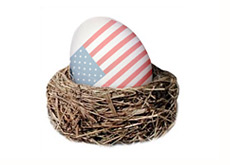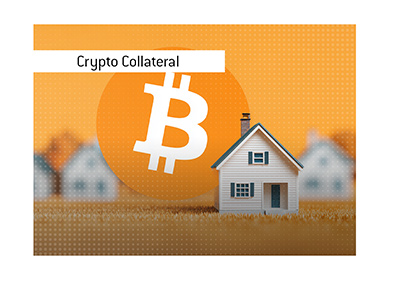Could Suddenly Frugal Americans Derail an Economic Recovery?
 The good news? The average American is building up their nest egg once again, after years of running up debt.
The good news? The average American is building up their nest egg once again, after years of running up debt.The bad news? The money-spending machine that used to be the American consumer has disappeared, and possibly may never return.
According to Bloomberg.com, Americans are saving money at the fastest pace in 15 years.
The household savings rate was 6.9% in May, which was the highest since December of 1993.
Some analysts feel as though this sudden surge was due to one-time government stimulus payments to seniors, but others see this as part of a trend.
Banks are the direct beneficiaries of this sudden change in the spending habits of the average American, as they are able to build up their deposits once again. This will allow the banks to start lending more aggressively, which will in turn (hopefully) spurn the economy to growth.
The downside of this sudden frugality?
Retailers will feel the pinch.
Many felt as though the government was not only trying to re-inflate the banking and credit systems with their far-reaching and dramatic actions over the past couple of years, but also the US consumer.
Many felt as though the U.S. government desperately wanted the average American to return to their free-spending ways, but it doesn't look as though this is going to happen.
Instead, many American households have dramatically pared down on their expenses as a result of the recession.
McDonald's and thrift stores are in; expensive drinks from Starbucks and large credit card bills are out.
Many will see this as a positive development, as it strengthens our banks and reduces our dependence on other countries.
However, some economists are openly fretting that this very development could derail any economic recovery in the US.
The reason?
A "rapid rise" in the savings rate might cause a "collapse in consumption" that would "plunge the economy further into recession".
The general consensus seems to be that an increased savings rate is a good thing, but only if it grows moderately over time.
A parabolic increase in the savings rate could cause a W-shaped recession in the United States.
This will be one of the more interesting developments to keep an eye on over the coming months.
Source: Bloomberg.com - Surging U.S. Savings Rate Reduces Dependence on China
Filed under: General Knowledge



